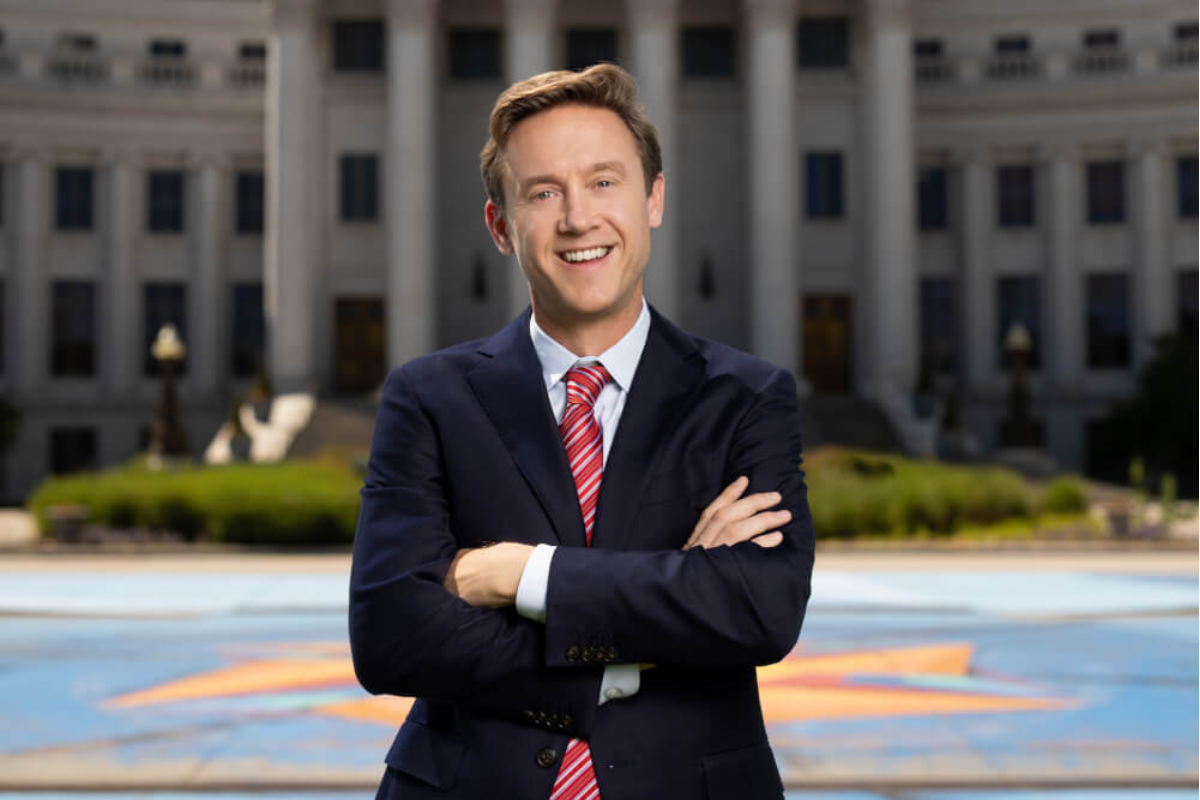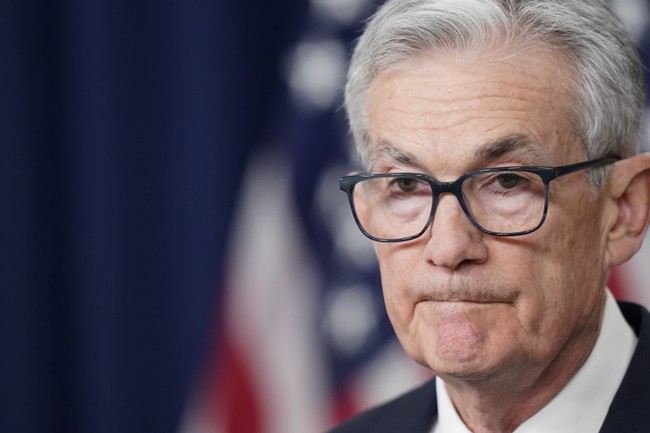Denver Mayor Mike Johnston, once a staunch opponent of former President Donald Trump’s deportation policies, seems to be shifting his stance under pressure from the Department of Justice.
In a recent interview with KDVR, Johnston remarked that Denver would, under specific conditions, cooperate with Immigration and Customs Enforcement (ICE). He clarified that if someone ICE is seeking is in their custody, they would inform ICE of that individual’s release.
Give Me Five Podcast
Johnston explained that Denver, along with the entire state, operates under sanctuary laws, which limit cooperation with federal immigration authorities.
He stated, “The whole state is bound by our state law in this, which is pretty consistent in some of these practices like everywhere in the state, we don’t honor ICE detainers.” He emphasized that it is not the role of local police to enforce federal law, saying, “We’re not going to do ICE’s job for them.”
ICE’s requests involve holding individuals for up to 48 hours after their scheduled release, contrary to Johnston’s implication of a three-day hold. Despite the pressures, Johnston maintains that Denver’s values will remain unchanged, aiming to be both a welcoming city and one that serves all its residents effectively. He added, “We’re not going to be bullied or blackmailed into changing our policies.”
When discussing local law enforcement practices, Johnston mentioned that officers do not inquire about immigration status during traffic stops. However, he reiterated that the city would notify ICE about the release of individuals they are interested in, should those individuals be in Denver’s custody.
Johnston’s recent statements contrast with his bold assertions last November to the Denverite, where he suggested a more confrontational approach against Trump’s federal immigration agents. At that time, he envisioned a scenario where local residents would stand against federal authorities, evoking imagery of defiance akin to historical protests.
In a later interview, Johnston softened his rhetoric, admitting he had no intention of positioning police as barriers to federal agents. He shared his willingness to join residents in protesting what he views as illegal or immoral actions by the federal government within Denver. Johnston expressed, “If I think things are happening that are illegal or immoral or un-American in our city, I would certainly protest it.”
Despite his earlier defense of those in the country illegally, Johnston acknowledged the necessity of prosecuting and deporting individuals involved in serious crimes like murder or rape. His recent commitment to working with ICE, at least partially, follows a directive from Trump’s Department of Justice.
The directive, outlined in a memo from acting Deputy Attorney General Emil Bove, reminds state and local leaders of the legal consequences of obstructing federal immigration efforts. Bove’s memo warns that any resistance or failure to comply with lawful immigration commands could lead to investigations and potential prosecutions.
Johnston’s evolving position reflects the complexities many local leaders face when balancing state policies with federal immigration demands. While he holds firm on certain sanctuary principles, his willingness to cooperate with ICE in specific scenarios marks a notable shift in his approach.
The mayor’s comments come amid broader debates about the role of local governments in federal immigration enforcement. Cities across the nation are grappling with similar challenges, as federal authorities push for greater cooperation from local jurisdictions.
As Denver navigates these intricate issues, Johnston’s remarks highlight the city’s ongoing efforts to balance safety, community values, and legal obligations.
While his recent statements may signal a departure from previous defiance, Johnston remains committed to protecting Denver’s identity as an inclusive and supportive community.
The dialogue surrounding immigration enforcement is far from settled, with local leaders like Johnston at the intersection of federal pressure and community expectations. As policies and circumstances evolve, Denver’s approach will likely continue to adapt, reflecting both legal realities and the city’s core values.
Amidst these developments, residents and observers alike watch closely, eager to see how Denver and its leadership will address the mounting challenges and responsibilities in the realm of immigration policy and enforcement.




I wonder just how well the ‘sanctuary status’ will do him with handcuffs on? These people just can’t get past the idea that when you enter the United States illegally, you are a felon, and have committed a chargeable crime! So, those who ‘harbor or give aid to criminals’ is also guilty of a crime and should be charged and sentenced! I think that one or two instances of Mayors or Governors getting handcuffed will bring them into line quickly!
Trump needs to pull any federal money from Colorado and any other “ sanctuary” locale.